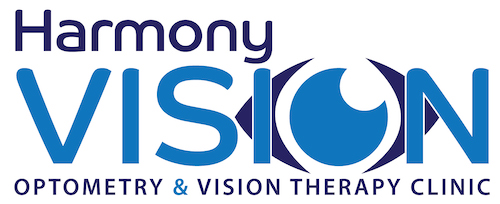Children’s Vision – Chat to Your Teacher
 The importance of talking with teachers to identify vision issues
The importance of talking with teachers to identify vision issues
A child’s ability to learn is intimately related to their vision. At school, 80% percent of what your child will learn is obtained visually. Think about it, most of their learning happens in front of a whiteboard, computer or book. How the brain and eyes work together has a tremendous impact on the learning process.
Five Common but Hidden Eye Conditions in Children Explained
Five common but hidden eye conditions in children explained
Many people suffer hidden vision problems because they think that good vision is the same as clear sight. But the truth is vision is so much more than being able to see the whiteboard or read an eye chart. To help you pick up on the signs of hidden vision problems, here are five common but hidden eye conditions explained.
Vision, Balance, Vertigo and Dizziness
I had the opportunity to head to Portland, Oregon USA recently to attend a meeting on the multidisciplinary care of patients with dizziness. It was a long way to travel in a short space of time, and so I was taking a gamble on the quality of the meeting. This has been an interest of mine for a long time for both personal and professional reasons as I have been involved in the visual rehabilitation of patients for many years. It turns out that the trip turned out to be a success, the meeting was excellent.
Convergence Insufficiency
Convergence insufficiency is a common but often overlooked vision problem that is estimated to affect between 5-10% of the population. It has been linked with “ADD-like” behaviours in children due to the person’s inability to sustain two-eyed alignment and focus during near visual tasks such as reading and writing.
Meredith talks on ABC radio about kids eye problems
To listen to the full broadcast of this interview, please click
